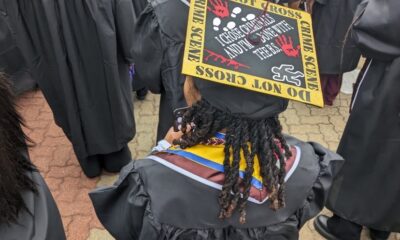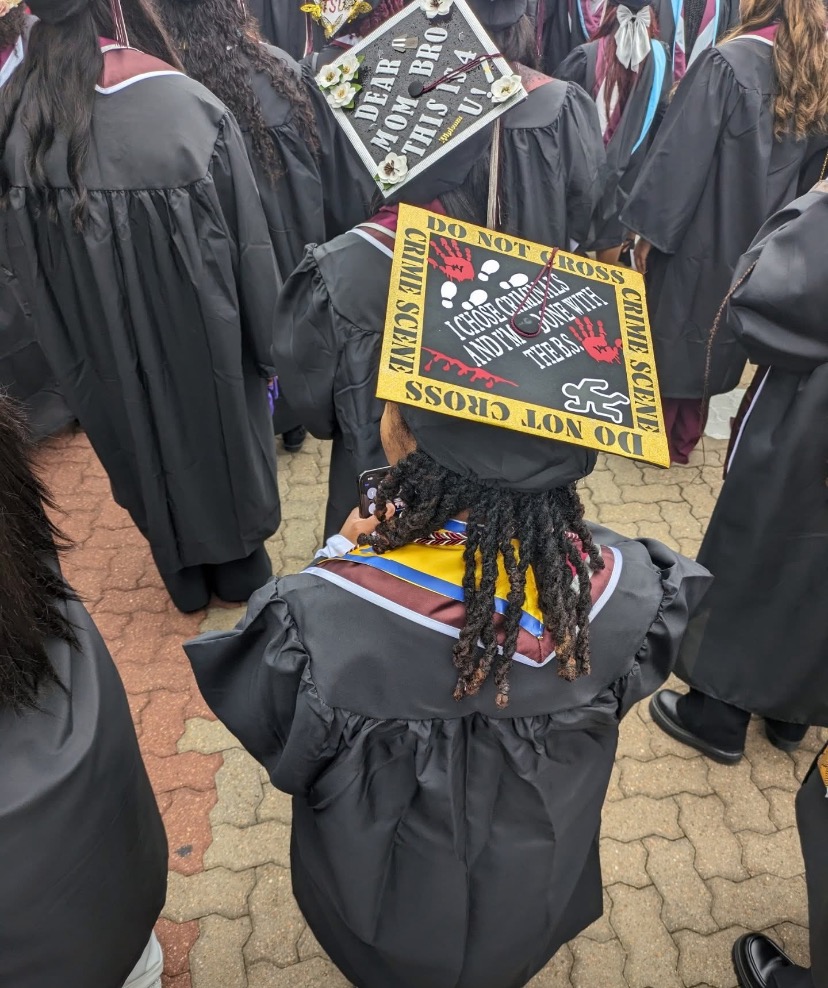The sky is the limit for the group of pilots gathered for the 22nd annual Black Pilots of America (BPA) Operation Skyhook at Pine Bluff’s Grider Field as they revel in the friendship and love of aviation that connects them.
Les Morris is one of the founders of BPA. A native New Yorker, Morris started flying in 1954 at a little airport on Long Island. His first lesson was a high school graduation gift from his dad.
“It cost five dollars an hour, the instructor got three dollars,” Morris says with a smile. “I had a great big $20 bill, but no one told me I needed to take a taxi from the train station to the airport. But, it (the first lesson) was all that I needed.”
A stint in the New York Air National Guard during the Korean War provided Morris with the training to become a fighter pilot. Over the years he formed friendships with other pilots, and it led to the formation of Negro Airmen International (NAI) for which Morris served as president for 12 years. An internal conflict splintered the group and Morris, Jessie Hayes, and Horace Noble organized BPA in 1997.
“Because of Ken Johnson, we decided this would be home base,” explains Morris who describes the organization as a family. “I hosted the board meeting in Tucson in January, and we had 50 people attend. We had a great time.”
Michael Youngblood grew up with a pilot in the family. His dad flew airplanes in the late 60s and 70s.
“They used to fly to this kinda event when I was a kid,” he recalls. “For me, I did not know there was a shortage of Black pilots. I didn’t realize how privileged I was with that until I was 30.”
Youngblood also didn’t realize he had flying in his blood until he became a father. When he and his ex-wife divorced, she and his children moved from Atlanta. “I drove the moving truck to Kentucky in November. My dad said, ‘If you had a 172, you could fly up there in two to two-and-half hours.’ I started lessons in December.”
It’s been eleven years since that conversation. With tears in his eyes and a voice choked with emotion, Youngblood says, “It made all the difference in the world. My twins are 21-years-old now, and we are as close as we would be if they lived across town.”
Both Youngbloods studied aviation under Julius Alexander, a well-known Atlanta pilot who started an aviation club while attending Morehouse College in the 1950s. The younger Youngblood earned Top Gun honors his first year at the BPA competition. He and his fellow Atlanta pilots call their BPA chapter, the Atlanta Raptors, and Birdel Jackson from Alpharetta, Georgia, boasts, “We’re all Top Guns.”
The Memorial weekend competition includes the flour bomb drop and pylon proficiency test and involves female pilots as well. The festivities also offer free airplane rides for children and culminates with a banquet. Members of BPA fly to Pine Bluff from Washington State, Nevada, Arizona and other states for the weekend. The organization will sponsor the two-week Les Morris BPA Flight Academy, a summer camp in Houston for teenagers who are interested in flying.
Pilots like Dwight Sanderson understand the significance of creating opportunities for future generations. Sanderson describes himself as a relatively new pilot because flying was “a dream deferred.”
Sanderson lives in Dallas and says he started flying in 2014. This is his fourth year attending the event, and he is still inspired by the weekend.
He smiles and says, “What it means is we can show the younger generation they can participate in aviation, too.”


 Black History5 years ago
Black History5 years ago
 Black History6 years ago
Black History6 years ago
 Black History4 years ago
Black History4 years ago
 Black History5 years ago
Black History5 years ago
 Black History5 years ago
Black History5 years ago
 Black History6 years ago
Black History6 years ago
 Black History9 years ago
Black History9 years ago
 Black History5 years ago
Black History5 years ago


























